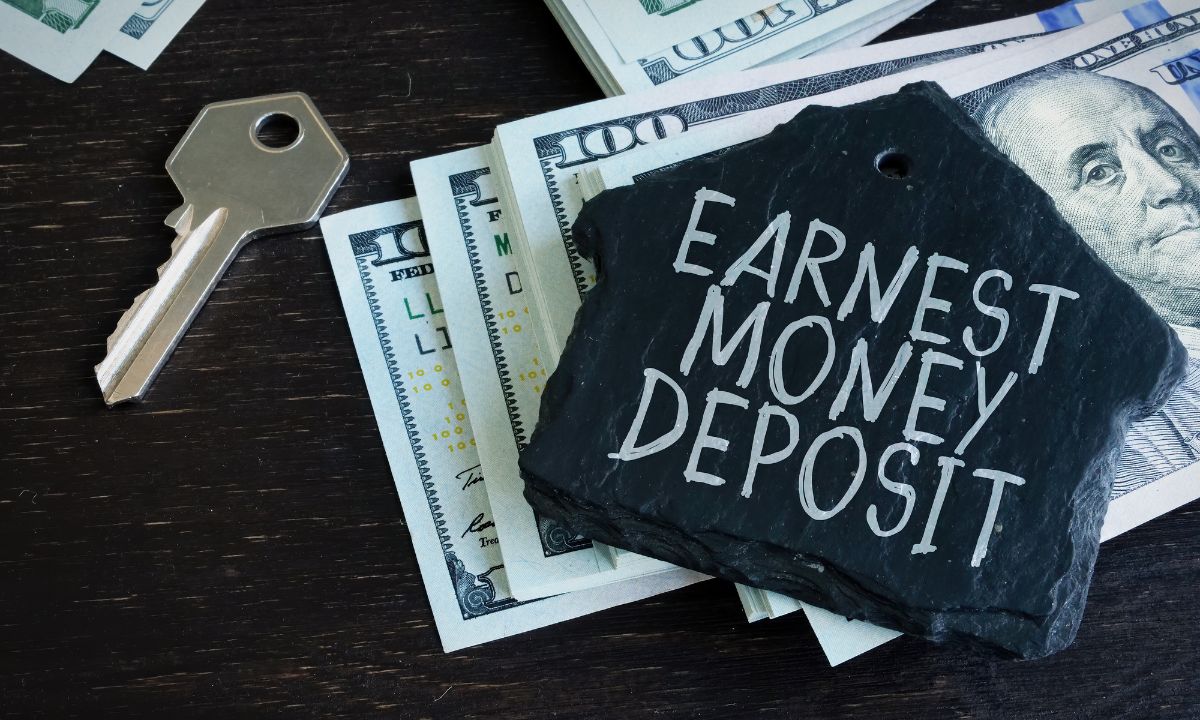 If you’re stepping into the world of real estate, understanding earnest money is paramount. So, let’s dive in.
If you’re stepping into the world of real estate, understanding earnest money is paramount. So, let’s dive in.
What is Earnest Money?
Earnest money, also known as a good faith deposit, is a sum of money provided by the buyer to the seller as a sign of their genuine intention to purchase the property. It essentially demonstrates the buyer’s commitment to the deal. This money is typically held in an escrow account until the closing of the transaction.
The Purpose of Earnest Money
Shows Seriousness: By putting down earnest money, buyers signal to sellers that they are serious about purchasing the property. It’s a way to distinguish serious buyers from those who might be casually exploring options.
Compensation for the Seller: Earnest money acts as compensation for the seller in case the buyer backs out of the deal without a valid reason. It helps cover the seller’s expenses and time lost during the negotiation process.
Motivation for Timely Closing: Having earnest money on the line motivates both parties to move forward with the transaction promptly. It sets a timeline and encourages efficiency in the closing process.
How Much Earnest Money is Required?
The amount of earnest money can vary depending on factors like the local market practices, the price of the property, and the preferences of the seller. In general, it’s often around 1-3% of the purchase price. However, this can be negotiated between the buyer and the seller.
What Happens to Earnest Money?
Once the offer is accepted, the earnest money is typically held by a neutral third party, such as a title company or escrow agent. It’s crucial to ensure that the escrow instructions clearly outline the conditions under which the earnest money will be forfeited or returned to the buyer.
What If the Deal Falls Through?
If the deal falls through due to reasons outlined in the contract, such as failure to secure financing or issues discovered during the inspection period, the earnest money is usually returned to the buyer. However, if the buyer backs out of the deal without a valid reason, the seller may be entitled to keep the earnest money as compensation for their time and inconvenience.
Tips for Buyers
Understand the Contract: Read and understand the terms of the purchase agreement, including the conditions under which you may forfeit your earnest money.
Be Prepared: Ensure you have the necessary funds available for earnest money before making an offer.
Consult with Professionals: If you’re unsure about any aspect of the transaction, seek advice from a real estate agent or attorney.
Earnest money plays a crucial role in real estate transactions, serving as a symbol of commitment from the buyer and providing assurance to the seller. By understanding its purpose and implications, buyers can navigate the process with confidence, knowing they’re making a serious and genuine offer on the property they desire.
